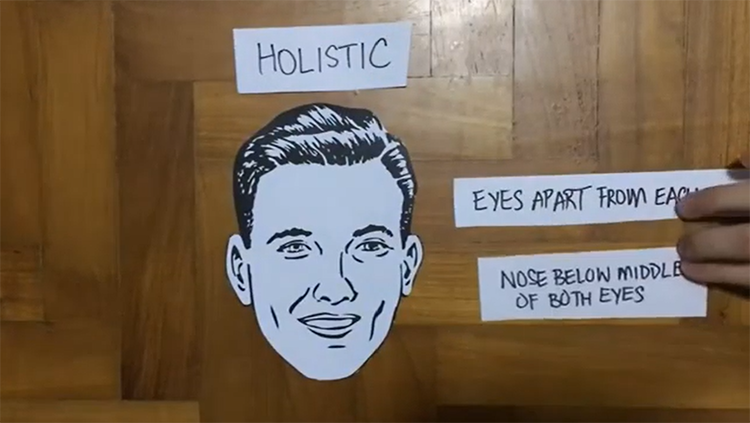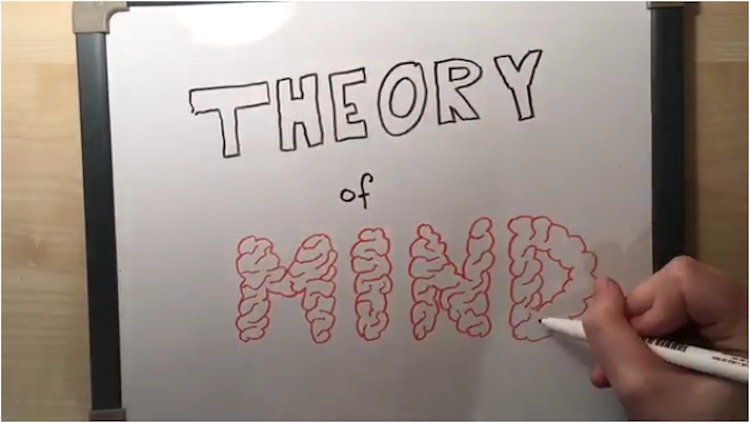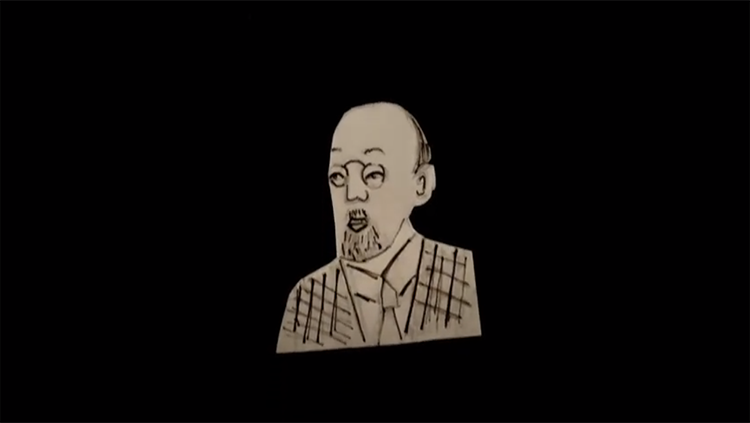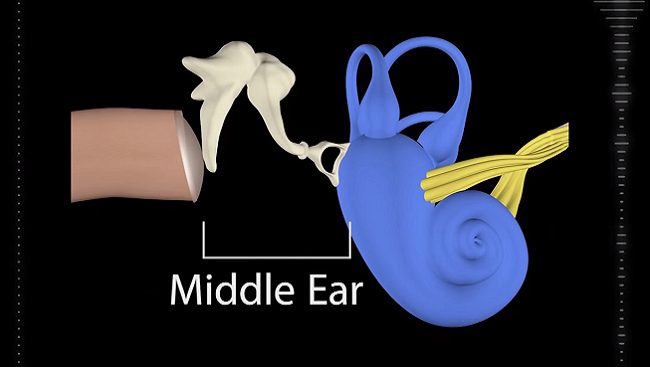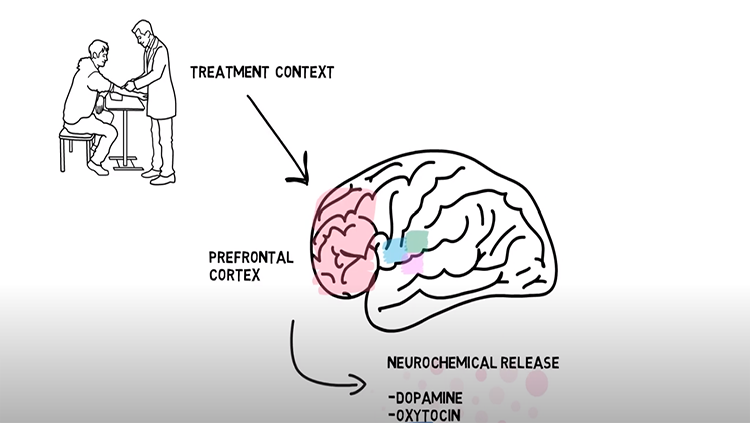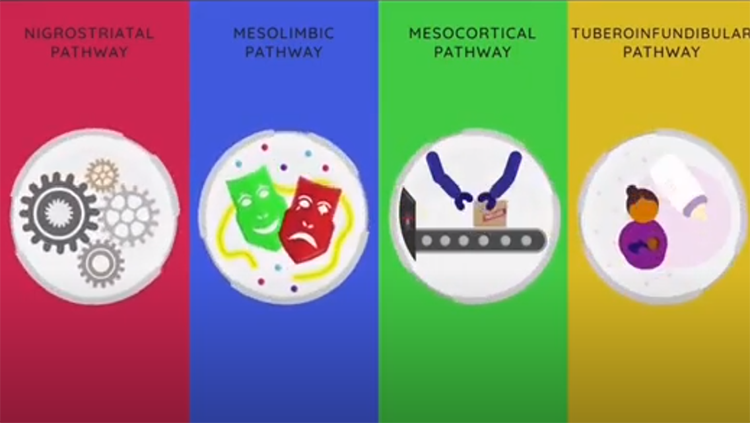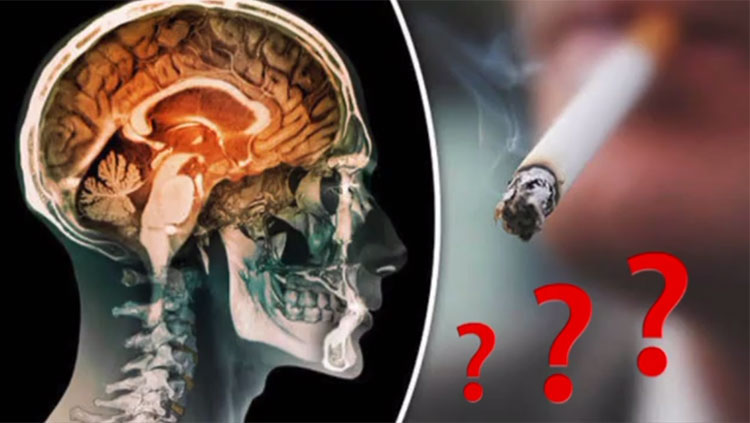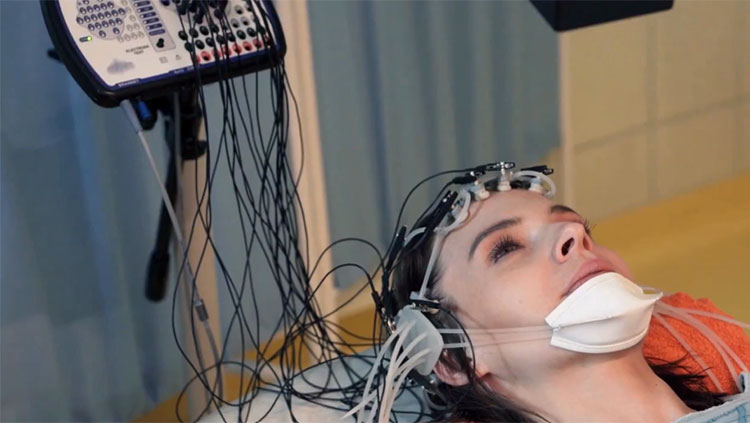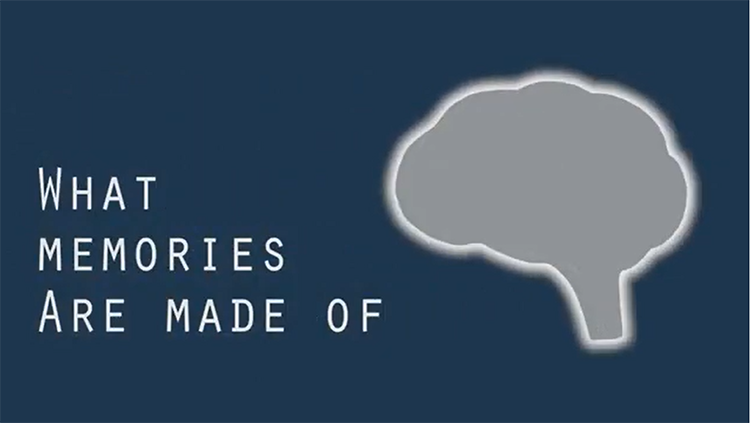Filter
-
(1)
-
(1)
-
-
(1)
-
(8)
-
(15)
-
(3)
-
(1)
-
(2)
-
(1)
-
(3)
-
(1)
-
(1)
-
(2)
-
(2)
-
(1)
-
(1)
-
(2)
-
(1)
-
(1)
-
(1)
-
-
(1)
-
(1)
-
-
(1)
-
(8)
-
(3)
-
(4)
-
(3)
-
(1)
-
-
(94)
-
(39)
-
(19)
-
(33)
-
(4)
-
(15)
-
-
(2)
-
(2)
-
-
(1)
-
(1)
-
-
(10)
-
(1)
-
(8)
-
(3)
-
-
(3)
-
(1)
-
(1)
-
(1)
-
-
(1)
-
(4)
-
(11)
-
(2)
-
(1)
-
(7)
-
(1)
-
-
(49)
-
(7)
-
(2)
-
(2)
-
(5)
-
(2)
-
(7)
-
(7)
-
(11)
-
(9)
-
-
(6)
-
(14)
-
(1)
-
(9)
-
(1)
-
(3)
-
(2)
-
-
(1)
-
(1)
-
(7)
-
(6)
-
(2)
-
(1)
-
(1)
-
-
(1)
-
(1)
-
-
(1)
-
(26)
-
(3)
-
(1)
-
(17)
-
-
(3)
-
(2)
-
(1)
-
-
(6)
-
(1)
-
(5)
-
(4)
-
-
(7)
-
(1)
-
(3)
-
(2)
-
(2)
-
-
(6)
-
(6)
-
-
(1)
-
(2)
-
(2)
-
(1)
-
(1)
-
-
(4)
-
(2)
-
(1)
-
(2)
-
-
(5)
-
(1)
-
(4)
-
-
(34)
-
(8)
-
(2)
-
(1)
-
(7)
-
(10)
-
-
(1)
-
(1)
-
(1)
-
-
(5)
-
(8)
-
(6)
-
(3)
-
-
(1)
-
(1)
-
-
(2)
-
(2)
-
-
(3)
-
(1)
-
(3)
-
-
(7)
-
(4)
-
(3)
-
(2)
-
(5)
-
(1)
-
-
(2)
-
(1)
-
(1)
-
-
(29)
-
(9)
-
(7)
-
(4)
-
(2)
-
(12)
-
-
(161)
-
(1)
-
(10)
-
(4)
-
(25)
-
(29)
-
(12)
-
(10)
-
(26)
-
(2)
-
(21)
-
(6)
-
(15)
-
(9)
-
(8)
-
(68)
-
(9)
-
(30)
-
-
(13)
-
(1)
-
(3)
-
(1)
-
(4)
-
(1)
-
(4)
-
(1)
-
-
(6)
-
(6)
-
-
(5)
-
(2)
-
(213)
-
(177)
-
(13)
-
(7)
-
(5)
-
(1)
-
(19)
-
(10)
-
(24)
-
(6)
-
(177)
91 - 100 of 230 results
-
Our knack for recognizing faces helps us communicate with those around us and learn about our environment.
-
The brain’s fusiform face area helps you find your friend in a crowd.
-
Theory of mind is your ability to infer and understand other people’s thoughts, desires, and beliefs — no telepathic superpowers required.
-
Hemispatial neglect — the loss of awareness of one side of the body — is common in stroke victims.
-
Specialized cells in the inner ear turn vibrations in the air into what we perceive as sound. However, over time or after prolonged exposure to loud noises, these cells can become damaged and die, leading to hearing loss.
-
Believing a treatment will work can change how you respond to it — even when it’s fake.
-
Dopamine works as a crucial messenger in our brains, with imbalances causing a variety of brain disorders.
-
Smoking nicotine and drinking alcohol are common risk factors that can lead to premature death. Learn how both substances impact our bodies and can lead to addiction.
-
Some brain signals once thought to be "noise" actually encode useful information. Lessons from the physics of flow encourage us to reconsider these unpredictable signals and now scientists are finding uses for them in medicine.
-
The brain stores memories by changing how neurons talk to each other.



